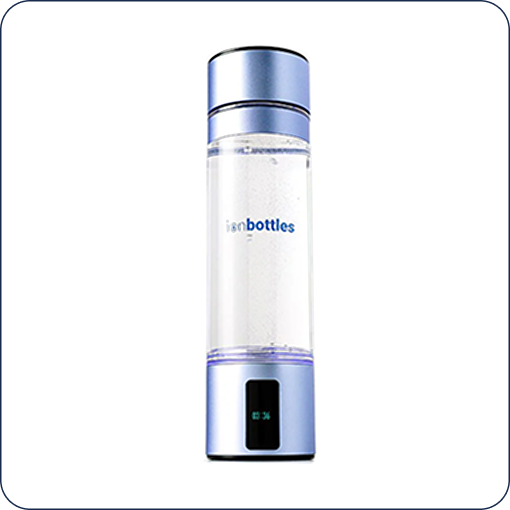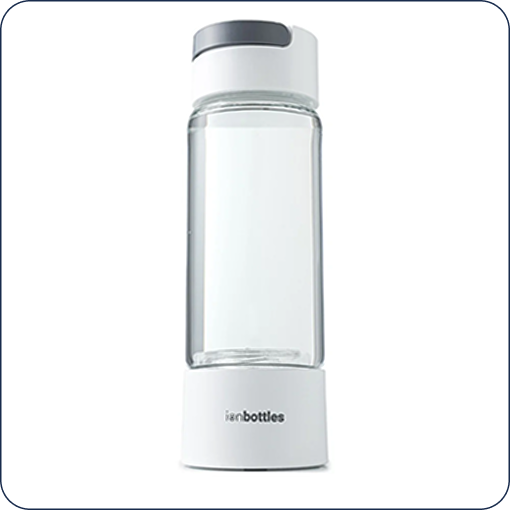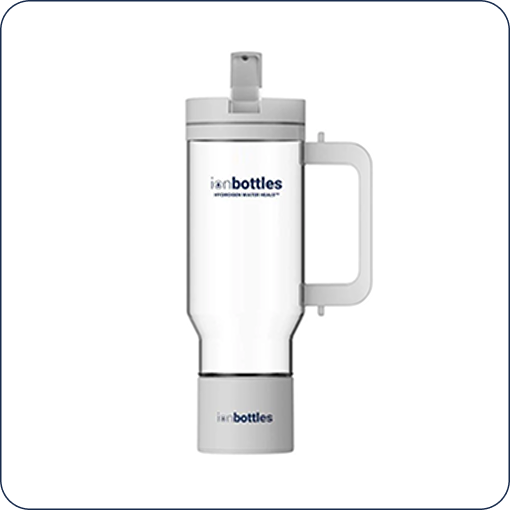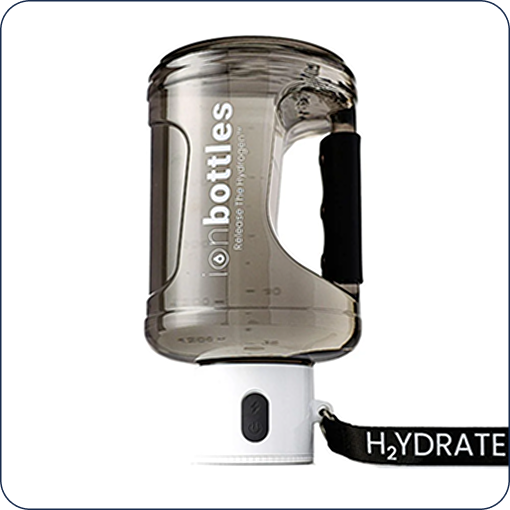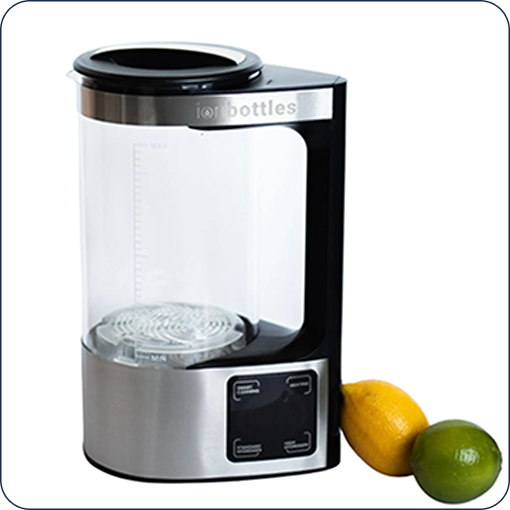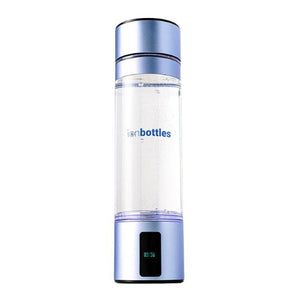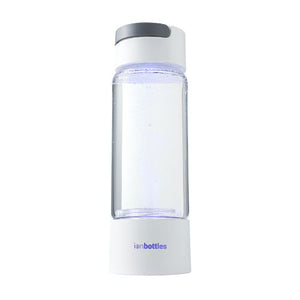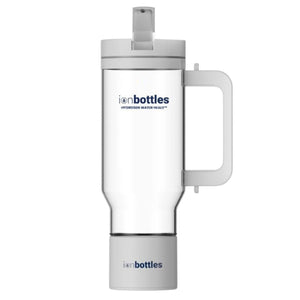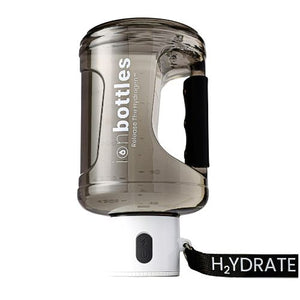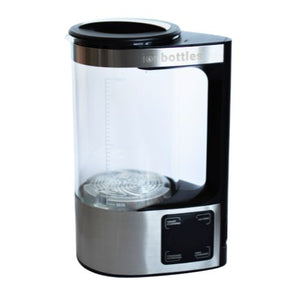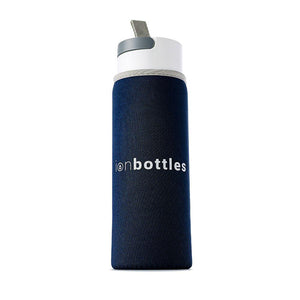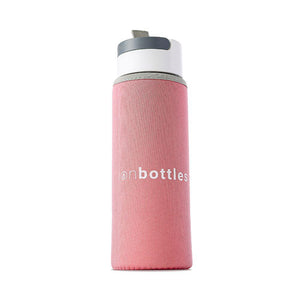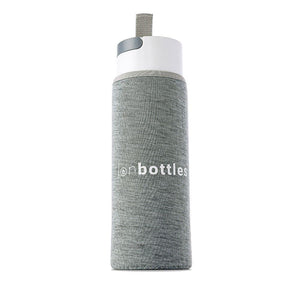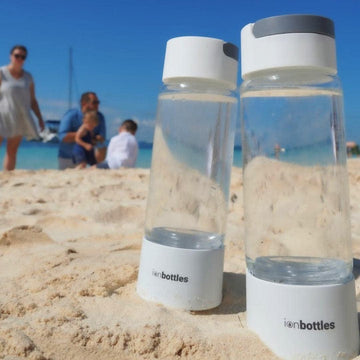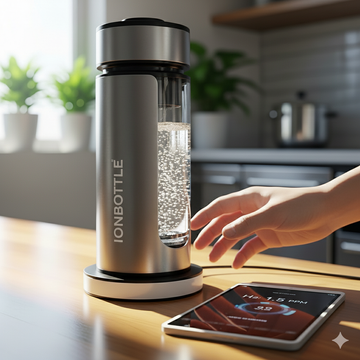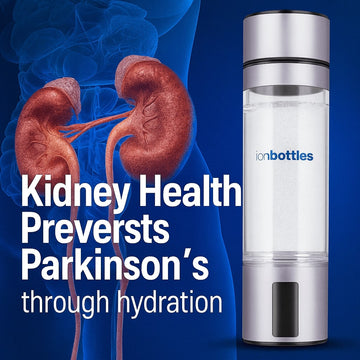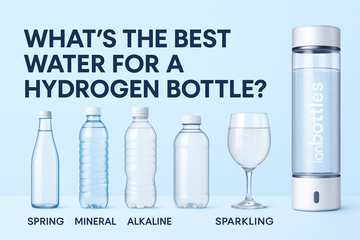We all try our hardest to remain healthy and at peak conditions however typically life gets the best of us. Several factors will contribute to unhealthy processes in our bodies. The most common of which is oxidative stress. You’re probably asking yourself, what’s oxidative stress, and in what way will it have an effect on me? The dangerous news is; we have a tendency to all have oxidative stress. There are several factors that cause oxidative stress: lack of sleep, overexerting yourself, diet, pollution, and work stress to call a few. You’ve in all probability experienced a minimum of one from that list. Oxidative stress contributes to some probably serious conditions like cancer, mental decline, chronic inflammation, and aging within and outside the body. Luckily, scientists are researching oxidative stress and its effects on the body.
Thinking molecular hydrogen (H2) which is the leading trend in the antioxidant revolution today (the leading battle weapon axe against oxidative stress) battles everything from cancerous tumors to diabetes and this trend which has been around for a while has inevitably pitched its tent with the big boys.
There have been lots of articles bringing molecular hydrogen to the knowledge of the public about its therapeutic potential and the majority of diseases (about 5 dozen diseases and more) majorly reduce oxidative stress, one of the major causes of other conditions.
The majority of these articles have yet to tackle a majority of the questions that the vast populous who have come to the realization of molecular hydrogen have yet to find answers to. Here are some of them.
1. How much hydrogen water should I drink to get benefits?
Quick Answer: It is recommended to take 2-3 liters of hydrogen water a day with a hydrogen content of 800-1200 ppb for best results.
The majority of the people who have or want to use molecular hydrogen have a question about the quantity required for an effective impact on them positively and the answer is that there is no particular quantity right for everyone at the moment. We usually drink molecular hydrogen water with a hydrogen content of 800 ppb to 1200 ppb and 2-3 liters a day. Continuous usage of molecular hydrogen gives us a higher chance of getting better results, especially for those suffering from a particularly serious condition that needs to be solved as soon as possible.
2. Is molecular hydrogen safe for use?
Quick Answer: Yes Very safe. Molecular hydrogen as an antioxidant supplement has no unpleasant side effects because when H2 neutralizes free radicals, the byproduct is water.
Hydrogen-rich water is typical water that contains disintegrated hydrogen gas. For instance, there are carbonated waters or drinks, which contain dissolved carbon dioxide gas (CO2), or oxygen water, which contains disintegrated oxygen gas (O2). Additionally, you can have water that contains dissolved hydrogen gas.
“You can make hydrogen water by taking a chamber of hydrogen gas and bubbling it into a glass of water. It is just water that contains dissolved hydrogen gas.” Molecular hydrogen as an antioxidant supplement has no nasty side effects since when H2 neutralizes free radicals, the byproduct made is water. Therefore, the ingestion of molecular hydrogen is very safe. But make sure your hydrogen generator uses SPE/PEM technology.

3. How possible is it for something so simple to have so many benefits?
Quick Answer: More than 300 research has been published which show the benefits of molecular hydrogen. But there is still more to learn about this amazing molecule.
The reason why many individuals find it hard to believe that hydrogen could hold so many benefits is that it is a new technology. There is more than 300 research that has published which show the benefits of hydrogen. Even though this is true there are also more studies that need to be done on this miraculous water.
Hydrogen has so many advantages ranging from being an antioxidant to its ability to penetrate the cellular membrane and enter the body’s intercellular compartments as opposed to other supplements which are limited in their cellular distribution as well as the ingestion by organelles like the mitochondria. It is also hydrophobic as it is not diluted by the water it is put into leaving it accessible to the mitochondria compared to vitamin C which is hydrophilic as it dilutes in water leaving it stranded as it tries to through a cell's fatty layer.
4. How do get Molecular Hydrogen in your body?
Quick Answer: There are various ways to intake molecular hydrogen, from inhalation, hydrogen tablets, hydrogen water pouches, and hydrogen water generators. The most effective and simplest way is to drink it as molecular hydrogen water.
There are several means other than ingestion of molecular hydrogen ranging from taking a hydrogen bath or putting molecular hydrogen saline into the eyes. The easiest and most effective of them is simply generating hydrogen from a generator and drinking it. This causes quick entry of molecular hydrogen into the body and quick flow into the bloodstream and some even apply molecular hydrogen to the areas of the body where injuries or pains occur.
5. If water is H2O doesn’t it mean it already has hydrogen in it?
Quick Answer: Molecular Hydrogen is not naturally contained in Water
The water molecule has two hydrogen atoms already chemically bound to the oxygen atom and this is the difference between the hydrogen gas molecule H2 because it has just two hydrogen atoms bound only to each other. These molecules are separately available during their dissolution in water as it is not bound to oxygen already. Take oxygen for instance as it is a life-sustaining gas and when bound to hydrogen becomes water.
A Hydrogen atom is the smallest element in our Universe as indicated by the periodic table. Single atoms of hydrogen do not occur naturally on Earth but we do find instances where pure hydrogen atoms do occur naturally also known as molecular hydrogen.
Molecular Hydrogen is commonly referred to as Molecular Hydrogen Gas, which chemists depict by the symbol H2 to signify the molecule is composed of a bond between only two atoms of hydrogen (H-H). When circulating in the blood or generated with a Molecular Hydrogen Generator like the Q-Cup the dissolved hydrogen freely floats between the water molecules.
Water is the essence of life and Chemists use the symbol H2O to depict the structure of a molecule that contains one part oxygen (O) and two Parts hydrogen (H2). Research has been finding that infused molecular hydrogen is the key to helping our bodies fight off disease and oxidation.

Well there you have it, the long and short of it is that without water we would all die pretty quickly. And not only do we need water to live but molecular hydrogen too! Infused molecular hydrogen has been linked with helping our bodies fight off disease and oxidation and who doesn't want a little help in that department? Luckily for you, we've got just what you're looking for. So don't wait any longer, give us a try today risk-free with our unmatched 45-day money back guarantee.
